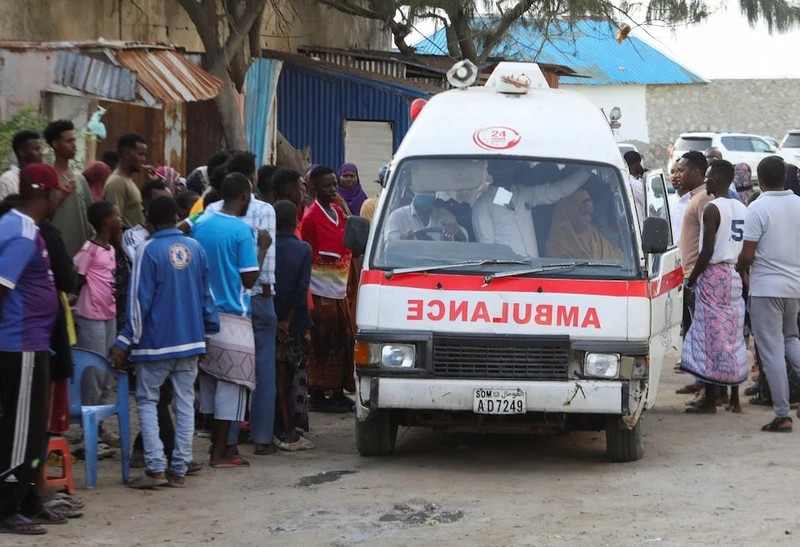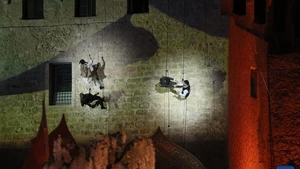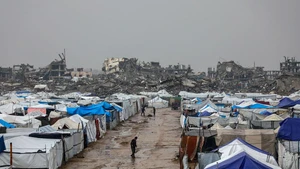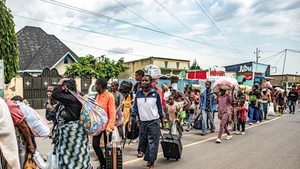The tripartite summit in Asmara was convened by Eritrean President Isaias Afwerki and was attended by Egyptian President Abdel Fattah El-Sisi and his Somali counterpart Hassan Sheikh Mohamud. Taking place against the backdrop of growing concerns about instability in the Horn of Africa due to a range of serious issues, including the conflict in Sudan and tensions in the Red Sea, the Asmara Trilateral Summit is an opportunity for the three countries in the region to discuss measures to coordinate actions to respond to the challenges.
A range of hot issues were discussed, such as counter-terrorism, security in the Red Sea, the crisis in Sudan and the situation in Somalia. The leaders issued a joint statement pledging to strengthen trilateral relations to improve stability in the region.
As three resource-rich countries with coastlines at the southern and northern entrances to the Red Sea, cooperation between Egypt, Eritrea and Somalia offers opportunities for each country's development. The Presidents of Eritrea, Egypt and Somalia stressed the importance of security and cooperation among the coastal states of the Red Sea and the Bab el-Mandeb Strait and affirmed the need to respect the sovereignty, independence and territorial integrity of the countries in the region. The leaders also highlighted the need to coordinate joint efforts to achieve stability and create an environment conducive to sustainable development in the region.
The Horn of Africa has long been plagued by security threats from jihadist forces. For more than 16 years, the Somali government has been fighting an insurgency by the extremist Islamist group Al-Shabab, which is affiliated with the international terrorist organisation al-Qaeda.
The main factors contributing to insecurity across Somalia are armed conflicts between Somali security forces and the Al-Shabab terrorist group, tribal conflicts and indiscriminate attacks by jihadists, while the overall political and security situation in Somalia remains unstable.
At this conference, Egypt and Eritrea affirmed their support for Somalia's efforts to restore security and stability, combat terrorism, protect borders and maintain territorial integrity.
The leaders also agreed to establish a committee consisting of the foreign ministers of the three countries to promote strategic cooperation. In the context of complicated developments in the regional and global situation, the agreement between Egypt, Eritrea and Somalia to coordinate and strengthen cooperation on strategic issues creates a new security link in the region.
However, some analysts believe this could further damage the already deteriorating relationship between these countries and Ethiopia. Relations between Ethiopia and Somalia have deteriorated rapidly since January 2024, when Somaliland, a breakaway state that is not internationally recognised, signed a deal to lease 20 km of its coastline to Ethiopia for 50 years.
Egypt has long been at odds with Ethiopia, especially over the Grand Renaissance Dam being built on the Blue Nile, which Cairo says threatens its vital water source. Relations between Ethiopia and Eritrea have also deteriorated recently.
Finding solutions to the threat of terrorism has always been a difficult problem for countries in the Horn of Africa. Cross-border cooperation has always been an important factor. However, in the context of differences in interests between countries, establishing a common front against terrorism in the Horn of Africa still faces many challenges.
















